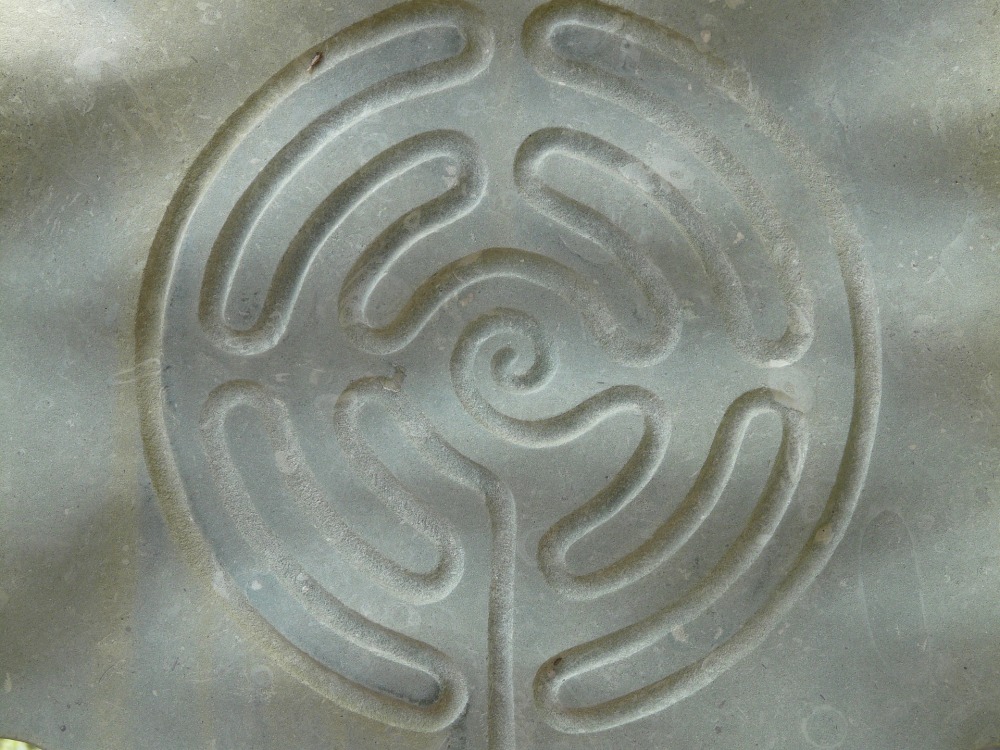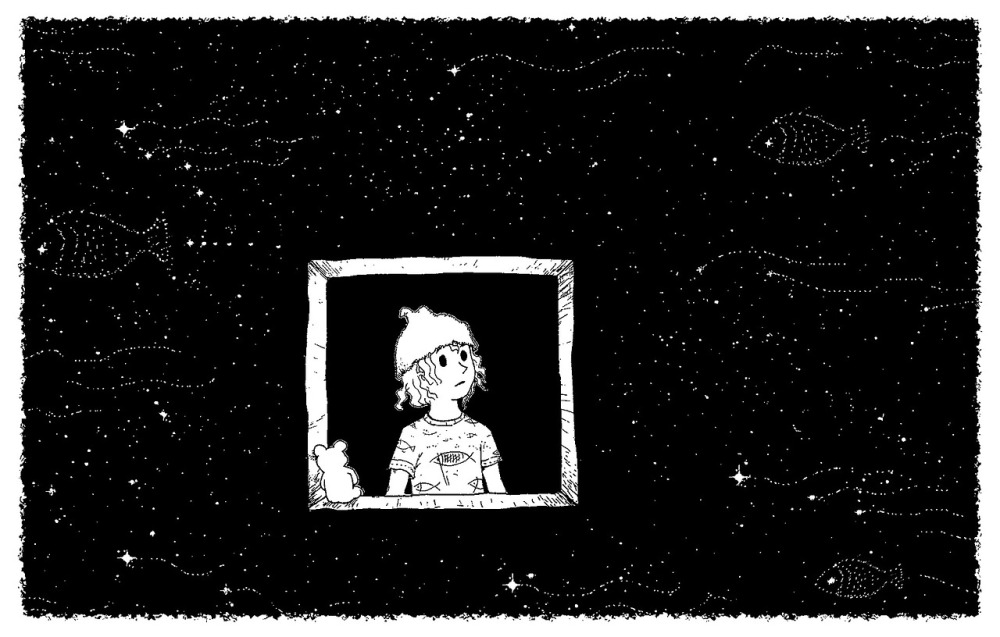
I had intended to write generally on the topic of pseudo-profundity and bullshit. The subject was discussed last year by Pennycook et al. in their article “On the reception and detection of pseudo-profound bullshit“. Put briefly they argue that pseudo-profound bullshit involves using buzzwords to make statements that are syntactically plausible and give the impression of imparting profound knowledge, while actually communicating little or no meaning. They suggest that bullshitters are motivated by a wish to impress and bullshittees are inclined towards uncritical belief. A name that inevitably arose in connection with pseudo-profound bullshit was Dr. Deepak Chopra. The mini-bio that accompanies Chopra’s writing includes the claim that he is a “world-renowned pioneer in integrative medicine and personal transformation” and states that “The World Post and The Huffington Post global internet survey ranked Dr. Chopra #40 influential thinker in the world and #1 in Medicine”. Just allow that to sink in. He currently has about 2.8 million Twitter followers. A significant number of people take him seriously and the marketing of his ideas has made him very wealthy. So instead of writing generally about pseudo-profundity I would like to take a look at Chopra’s current work.
Diving straight into his most recent post entitled “How the Universe Solved the Hard Problem by Intent” we’re immediately told that consciousness is a secret, that there is a reason for this that can’t be explained and that consciousness is responsible for its own secrecy:
“For some inexplicable reason the most common element in every possible experience–consciousness–has kept itself a secret.”
It turns out that the Wikipedia entry for consciousness is over 10,000 words and has 162 references, so even in plain terms it isn’t as mysterious as it’s made out to be. Suggesting that consciousness can engineer its own secrecy implies that consciousness has consciousness. It’s treating consciousness as an entity rather than a property of an entity. He goes on to suggest:
“If we were unconscious, the world would literally disappear in a puff of smoke. This obvious fact implies something that isn’t so obvious: Maybe consciousness and the world appeared at the same time.”
This unsupported “fact” simply isn’t true. People are unconscious from time to time and world continues just fine. We can be fairly confident from geology and archaeology that the world pre-dates people. What Chopra is getting at here is his view that reality is a kind of collective mental projection. He proposes that:
“A cosmos devoid of consciousness isn’t conceivable, and yet the reason for this exists completely out of sight.”
If it feels like it’s hard to get at the meaning of the sentence quoted above it’s because it is hard. Most writers seek to communicate their ideas as clearly as possible but the literary style Chopra uses frustrates quick comprehension. You can restructure the sentence to make it easier to read: We aren’t able to see the reason why we can’t imagine a cosmos without consciousness. We can see from the restructured sentence that although a bunch of words are used, not much meaning is communicated.
I’d like to pause here for a moment to let you know that Chopra is a licensed physician and former chief of staff at a hospital in the United States. He isn’t shy about using his title M.D. when promoting his ideas. Keep this in mind while reading the following quote from the same blog post:
“The difference between being blind and being able to see lies in the mechanics of how the brain processes sunlight—that much is clear. Yet the step in the process that matters the most, converting sunlight into vision, is totally mysterious.”
According to the RNBI age related macular degeneration is by far the biggest cause of blindness in adults in the UK. The WHO cites glaucoma then macular degeneration as the biggest causes of blindness in the world. These are conditions of the eye not “mechanics of the brain”. Chopra is just plain wrong about blindness and sight but arguably worse is the fact that the assertion is coming from someone identifying himself as a medical doctor.
I could go sentence by sentence, assertion by assertion through the whole post but the point is that Deepak Chopra puts across vague points using vague language in a pattern that can appear to some to be profound but in fact carries little meaning. When encountering a statement that looks complex but profound, the actual profundity of a statement can be assessed by breaking it down and looking at its parts. If Chopra just wants people to be impressed by him and people want something impressive-sounding to believe, what’s the harm? Okay, well we might object to the idea that the money that finds its way into Chopra’s pockets could be better used to solve concrete issues. Maybe we feel that as a medically trained professional Chopra could be making a tangible, beneficial difference. We could take issue with the notion that the sorts of ideas he circulates are used as a basis for alternative “healing“. In fact Chopra is sponsoring the Consciousness Field Project that is investigating the potential for transmitted intention statements to enhance peoples’ lives.
“The intention statement is imbued by the team during deep meditation into a crystalline electronic device and broadcast thousands of times each day to participants.”
The project is also partly funded by participants who will each contribute $33 a month (a total of $600). I think this is the first study I’ve seen that charges people to participate. If anyone feels that they need some pseudo-profundity in their life, the satirical wisdom of Chopra website can generate some for you for free.









